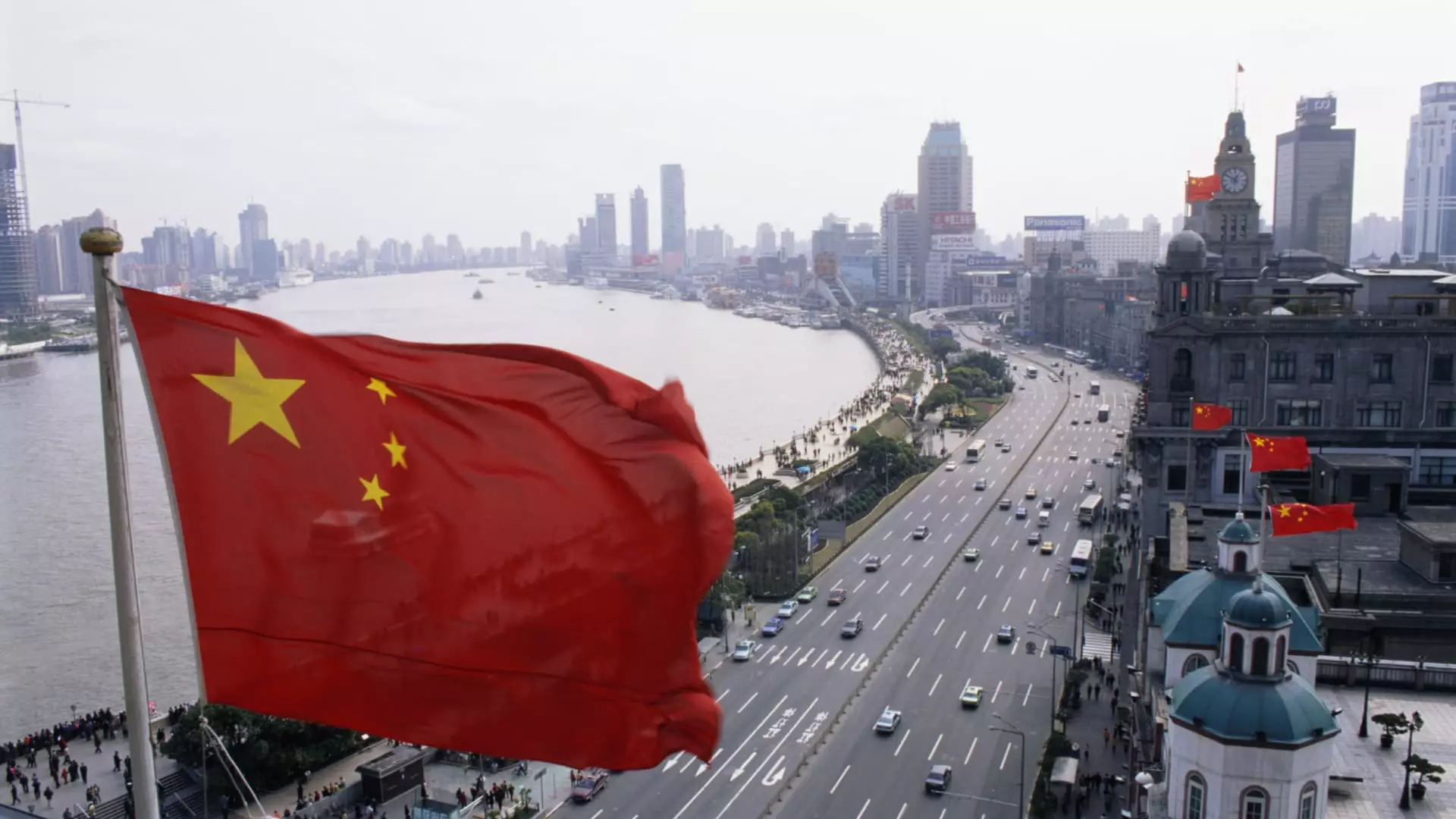In an unexpected turn, the Asia-Pacific financial markets observed a buoyant opening on Monday, spurred by U.S. President Donald Trump’s recent decision to hold back tariffs on certain consumer electronics. This move, framed as a protective measure, momentarily lifted investor spirits across the region. Japan’s Nikkei 225 surged by an impressive 1.37%, while the Topix index outperformed with a 1.41% increase. South Korean indices mirrored this optimism; the Kospi climbed by 0.88% and the Kosdaq by 1.46%. The optimism was palpable, but beneath the surface, one can’t help but feel a gnawing sense of fragility.
Key to this euphoric uptick was Trump’s exemption of critical products such as smartphones and semiconductors from his newly implemented “reciprocal” tariffs. However, the announcement carried a heavy dash of ambiguity, raising eyebrows across the markets and policymaking circles alike. The announcement from U.S. Customs and Border Protection hinted at a temporary reprieve, yet Trump’s subsequent declaration on social media muddied the waters. He hinted that these products could still fall under existing hefty tariffs, provoking thoughts of a game of financial whack-a-mole.
The Unraveling of Certainty
The overarching question looms: is this a genuine olive branch or merely a band-aid to placate markets temporarily? As trade negotiations loom with several key Asian economies, including Vietnam and Japan, the atmosphere is thick with uncertainty. Diplomatic wrangling might yield short-term gains, but the overarching strategy appears dangerously myopic. Prioritizing nations like Vietnam or India for trade agreements seems more like strategizing against an adversary rather than fostering collaborative economic growth.
Worthy of attention is the fact that while Trump engages with these countries to counterbalance China’s economic muscle, he paradoxically showcases a disregard for the long-standing principles of fair trade. Limiting focus strictly to expediency undermines the intricate relationships that could yield lasting mutual benefits. One can’t shake off the unsettling notion that we’re caught in a cycle of short-term fixes, jeopardizing broader economic relationships for inflated political ego.
The Illusion of Progress
Simultaneously, Japan’s top trade representative, Akazawa Ryosei, is set to visit Washington for discussions on trade terms—this seemingly confirms that we are all aboard a precarious ship navigating uncharted waters. But as these leaders come together, what tangible progress can be conceived amidst the suspicions and fear-mongering that accompany Trump’s administration? Meeting halfway can only happen if parties show genuine willingness to understand each other’s needs and priorities, but current strategies seem to encourage division rather than collaboration.
Despite the day’s uplifting numbers, the feeling remains that market optimism remains a veneer over potentially catastrophic fragility. Surely, consumers rather than mere market indices deserve attention and protection in trade decisions. Yet, here we are, witnessing an administration undercutting the very foundation of long-term economic stability for the sake of fleeting political capital. One hesitates to embrace the gains of the day, knowing they could be merely a mirage in the wider desert of uncertainty that defines contemporary trade policies.


Leave a Reply